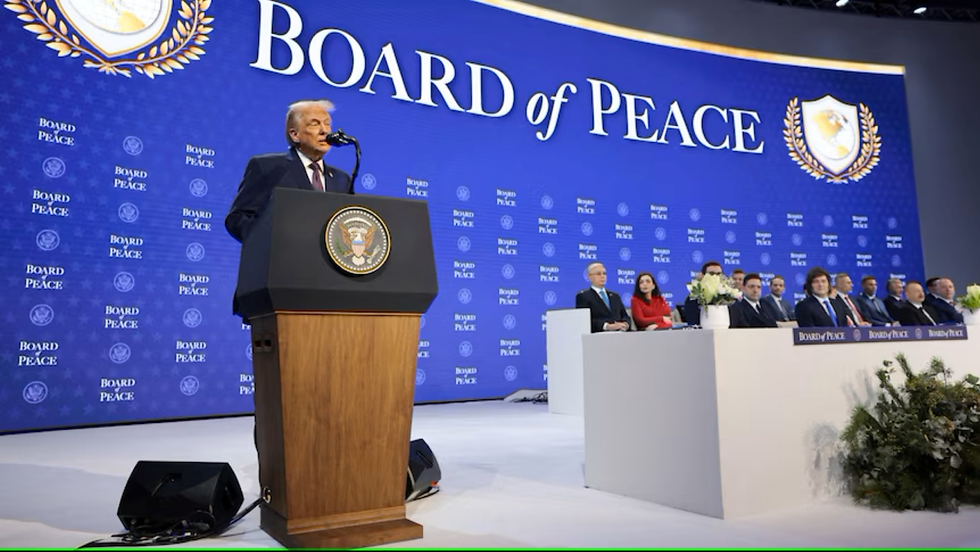Rising Tensions: Chinese Students Face Uncertainty Amid U.S. Visa Restrictions
- Rahaman Hadisur

- May 31, 2025
- 2 min read
Hadisur Rahman, JadeTimes Staff
H. Rahman is a Jadetimes news reporter covering Asia

In a troubling development for international education, Chinese students are grappling with heightened uncertainty as the U.S. government intensifies its scrutiny of visa applications. This week, 22-year-old Xiao Chen arrived at the U.S. Consulate in Shanghai, hopeful for her visa appointment to study communications in Michigan. However, after a brief conversation, her application was unexpectedly rejected without explanation, leaving her feeling adrift and uncertain about her future.
Chen's experience reflects a broader trend affecting the approximately 280,000 Chinese students who have historically sought education in the United States. Recent announcements from the Trump administration, including a controversial move to restrict Harvard University's ability to enroll international students, have raised alarms among prospective students and their families. The administration's stance has been characterized by accusations of collusion with the Chinese Communist Party, further complicating the landscape for Chinese nationals seeking education in the U.S.
The implications of these policies are profound. Homeland Security Secretary Kristi Noem and Secretary of State Marco Rubio have indicated that the new measures will target students with ties to the Chinese Communist Party or those studying in critical fields, potentially impacting a significant number of applicants. Beijing has condemned these actions as politically motivated and discriminatory, lodging formal protests against the U.S. government.
Historically, Chinese students constituted the largest group of international students in the U.S., but recent geopolitical tensions have led to a decline in these numbers. The relationship between the two nations has soured, with increasing competition in trade, technology, and military influence. The Trump administration's previous actions, including a 2020 order barring students with military ties from obtaining visas, have already created an atmosphere of mistrust.
For many Chinese students, the challenges extend beyond visa applications. Those who have successfully graduated from U.S. institutions often find that their degrees are no longer viewed as advantageous in the Chinese job market. Chen Jian, a graduate of a U.S. college, discovered that his foreign degree hindered his job prospects upon returning to China, where local degrees are increasingly favored.
The climate of suspicion surrounding foreign graduates has intensified, with Chinese officials warning citizens to be vigilant against potential spies. This sentiment was echoed by prominent business figures, such as Gree Electric's Dong Mingzhu, who publicly stated that her company would not hire individuals with overseas degrees due to concerns about espionage.
As the U.S. and China continue to drift apart, the once-welcoming environment for Chinese students in America has shifted dramatically. Many young people, like recent Columbia University graduate Zhang Ni, are disheartened by the changing attitudes toward international engagement. The willingness to learn from and interact with the outside world appears to be waning, leaving a generation of students caught in the crossfire of geopolitical tensions.
With the future of international education hanging in the balance, the experiences of students like Xiao Chen serve as a poignant reminder of the personal impact of policy decisions. As they navigate an increasingly complex landscape, many are left to ponder their next steps, uncertain of what the future holds.









































Comments